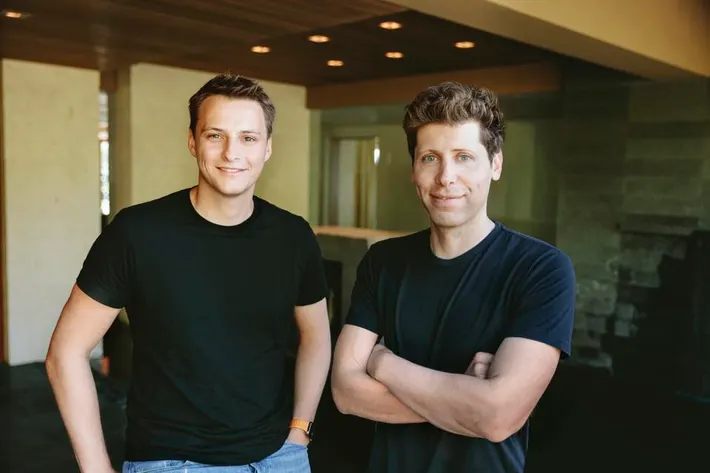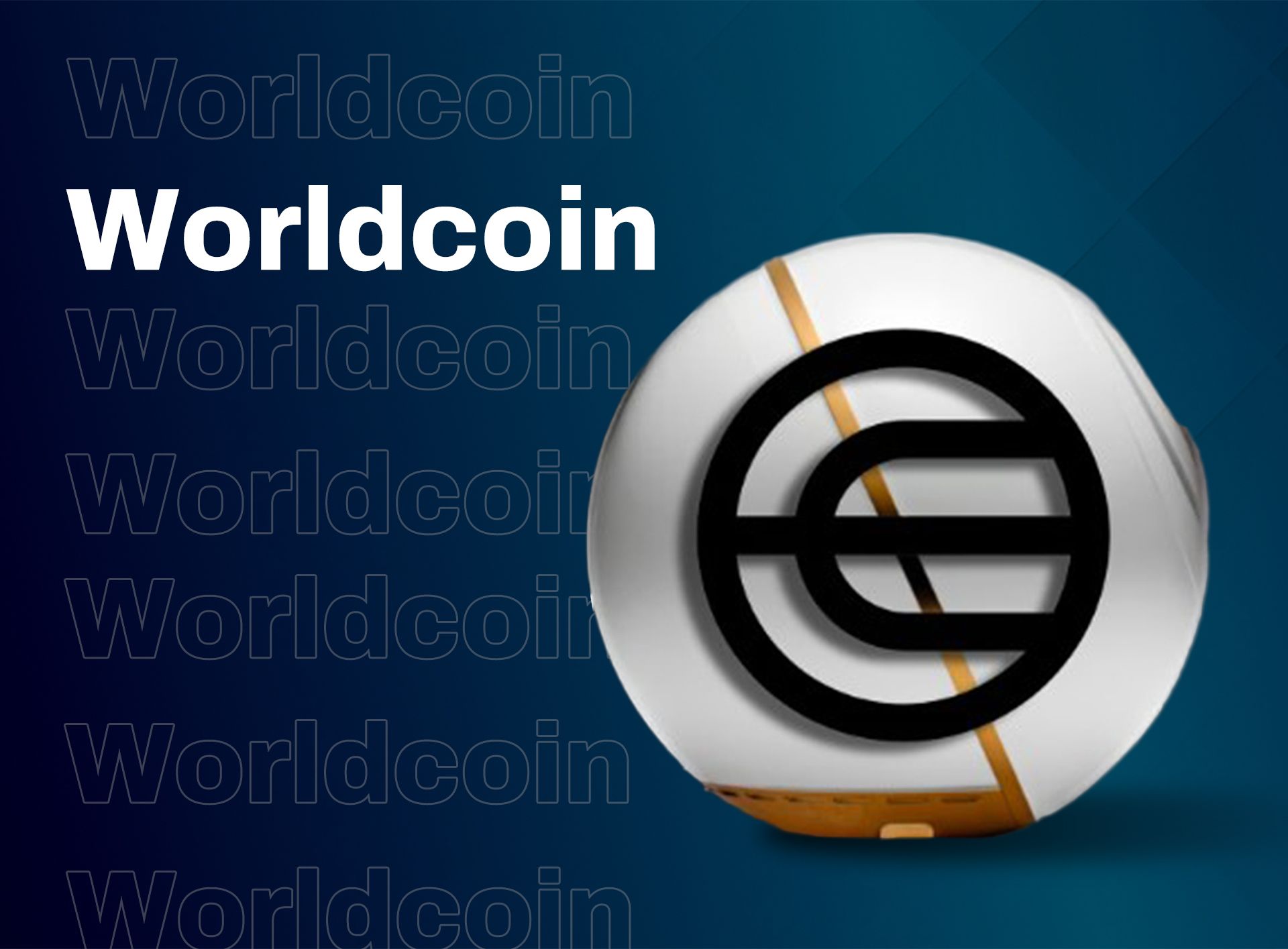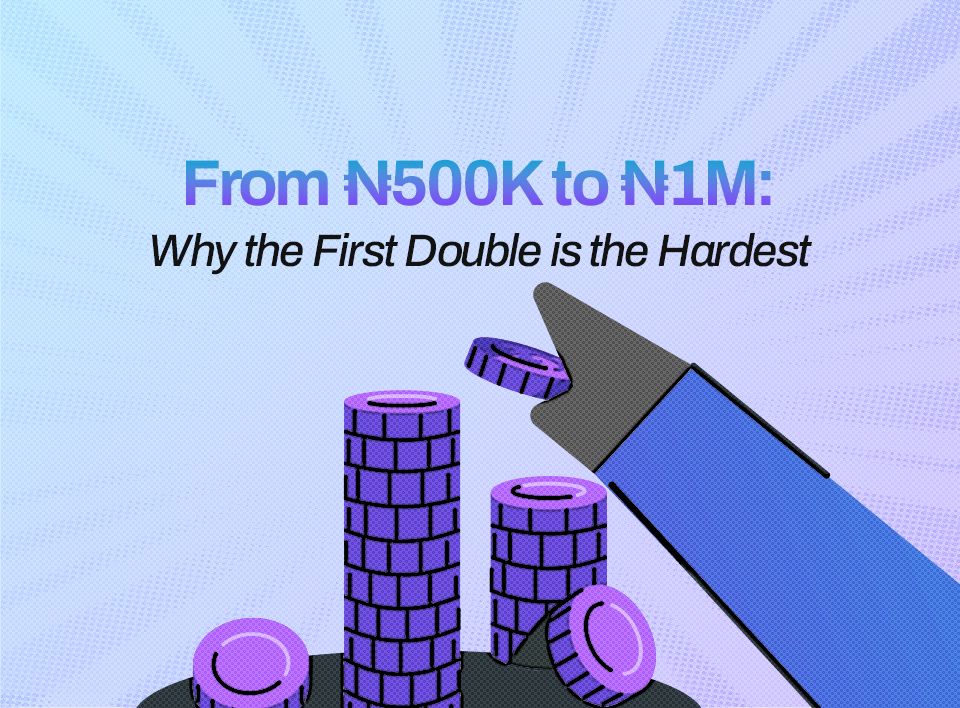Worldcoin is a project founded by Sam Altman and Alex Blania.
Sam Altman is also the CEO of OpenAI, the research lab that introduced ChatGPT near the end of 2022. Before OpenAI, Sam was the president of Y Combinator, a well-known startup accelerator. He also had a brief stint as the CEO of Reddit, the popular online community platform.
Alex Blania is the CEO and Co-Founder of Tools for Humanity, the technology company building tools for the Worldcoin project. He is also a Co-Founder of the Worldcoin protocol with Sam Altman and Max Novendstern.
Since 2021, Worldcoin has raised over $100 million in funding from investors like Andreessen Horowitz and Khosla Ventures. Worldcoin also launched its cryptocurrency called Worldcoin (WLD) on July 24, 2023.

According to the Worldcoin White Paper, "Worldcoin was founded with the mission of creating a globally-inclusive identity and financial network owned by the majority of humanity. If successful, Worldcoin could considerably increase economic opportunity, scale a reliable solution for distinguishing humans from AI online while preserving privacy, enable global democratic processes, and show a potential path to AI-funded UBI."
In simple terms, Worldcoin is a project that wants to build a financial system that is accessible to and includes everyone and is also owned by the majority of people in the world. The founders want to create a system that helps people easily identify real humans from Artificial Intelligence (AI) online and manage their finances securely. If this project succeeds, it could bring many benefits, including:
1. Increased Economic Opportunities
Worldcoin's network could open up more opportunities for people to participate in the global economy, regardless of their background or location.
2. Distinguishing Humans from Artificial Intelligence
As AI. and its tools become more commonplace, it's crucial to have a reliable way to tell humans apart from artificial intelligence online. Worldcoin wants to offer a solution for this while also respecting people's privacy.
3. Empowering Global Democracy
The project envisions a network that allows people from all over the world to participate in democratic processes, giving them a say in important decisions on a global scale.
4. Potential for AI-Funded Universal Basic Income (UBI)
Worldcoin is exploring the idea of using AI technology to generate funds that could support a Universal Basic Income, which means providing regular financial support to all individuals to meet their basic needs.
How Does Worldcoin Work?
Worldcoin has three components that work together to achieve its vision of creating a more inclusive and connected world using AI and cryptocurrency:
World ID
World ID is the core of the platform. It helps people prove they are real humans online without revealing their personal information.
It uses an iris-scanning device called the Orb; just like how fingerprints are unique, every person's iris pattern is different. The Orb scans your eye to create a unique code called an IrisCode, which prevents people from having multiple World IDs.
Once your iris is scanned and the IrisCode is saved, you receive your World ID. The system doesn't need to scan your eyes every time you verify your identity. Each World ID is recorded on the Worldcoin blockchain, and users use a secure app to show their identity.
Worldcoin Orbs are currently available in Hong Kong, Tokyo, Singapore, Seoul, Paris, Lisbon, Mexico City, São Paulo, Nairobi, New York, San Francisco and about 25 other cities worldwide.
World App
The World App is where you keep your World ID safe. It also allows you to access various finance-related apps and works like a digital wallet for cryptocurrencies like Bitcoin, Ethereum, and USDC.
WLD Cryptocurrency Token
When you create a World ID and use the World App, you receive a cryptocurrency token called WLD.
Worldcoin gave WLD to beta users during their official launch. You can trade these tokens on cryptocurrency exchanges, including KuCoin and Binance.
According to the Worldcoin white paper, Worldcoin plans to issue a total of 10 billion WLD tokens over 15 years. About 143 million WLD tokens are currently in use, with 43 million given to verified World App users and 100 million sent to market makers for trading.
The Crypto Community's Response to Worldcoin
The Worldcoin project has received criticism because the crypto community and other observers believe its goals are overly ambitious and its methods are questionable.
When Worldcoin launched, Vitalik Buterin, the founder of Ethereum, expressed his worries in a blog post. He was concerned that the platform's iris scans might gather more information than they claim and that someone could scan another person's iris to check if they have a World ID.
An article from MIT Technology Review in April 2022 accused Worldcoin of using deceptive marketing practices, collecting more personal data than disclosed, and not getting proper user consent.
In response to MIT Technology Review's criticisms, Worldcoin wrote a 25-page response, stating that they are not a data company and do not exploit or sell personal user data. They clarified that they are only interested in knowing if a user is unique and not whether they have a specific identity.
Worldcoin has also faced criticism for aggressively promoting the platform in developing regions. Many new users are from Asia and Africa, leading to concerns about the potential exploitation of people from these regions.
What Are the Potential Risks of Worldcoin and WLD Token?
Worldcoin has big impressive goals, but there are important limitations and risks you should know if you want to get involved with its protocols or invest in its tokens. Some of these risks are:
1. Orb Device Security
The security of the Orb device is a potential risk because no hardware system can be completely secure. It could be vulnerable to fraud, accuracy issues, and potential data leaks or theft.
2. WLD Token Price Volatility
The price of the WLD token may experience significant ups and downs, just like other cryptocurrencies. It's advisable to do thorough research before investing.
3. Risks of Manipulation and Fraud
There is a risk of potential fraudsters manipulating and using other people's World IDs. Despite efforts to prevent this, there might still be loopholes for acquiring multiple World IDs.
4. Personal Data Privacy Concerns
Some people worry about the safety of their sensitive biometric data. Although Worldcoin doesn't store full iris scan data, there are still risks related to scanning facial data and sharing personal data.
5. Centralisation and Open Source
While parts of the Worldcoin protocol are open source, some aspects, like the Orb's firmware, are not yet open source. For further context, open source means that the software's code is openly available to the public. Anyone can view, use, modify, and share it freely.
Many operations are currently centralised, including the data centres storing iris scan hashes and Orb's production and distribution. The project aims for decentralization in the future, but it depends on how well it can be achieved.
6. Regulatory Uncertainty and Challenges
As Worldcoin aims to be a global protocol, it will likely face regulatory uncertainty and compliance issues while dealing with various local laws in different countries.
Final Word
Worldcoin is an ambitious project that wants to use technology, specifically AI, to build an inclusive system that offers more accessible economic opportunities, provides a way to distinguish humans from AI, and supports Universal Basic Income (UBI).
Will it achieve this goal? That remains to be seen.
Disclaimer: This article was written to provide guidance and understanding. It is not an exhaustive article and should not be taken as financial advice. Obiex will not be held liable for your investment decisions.

